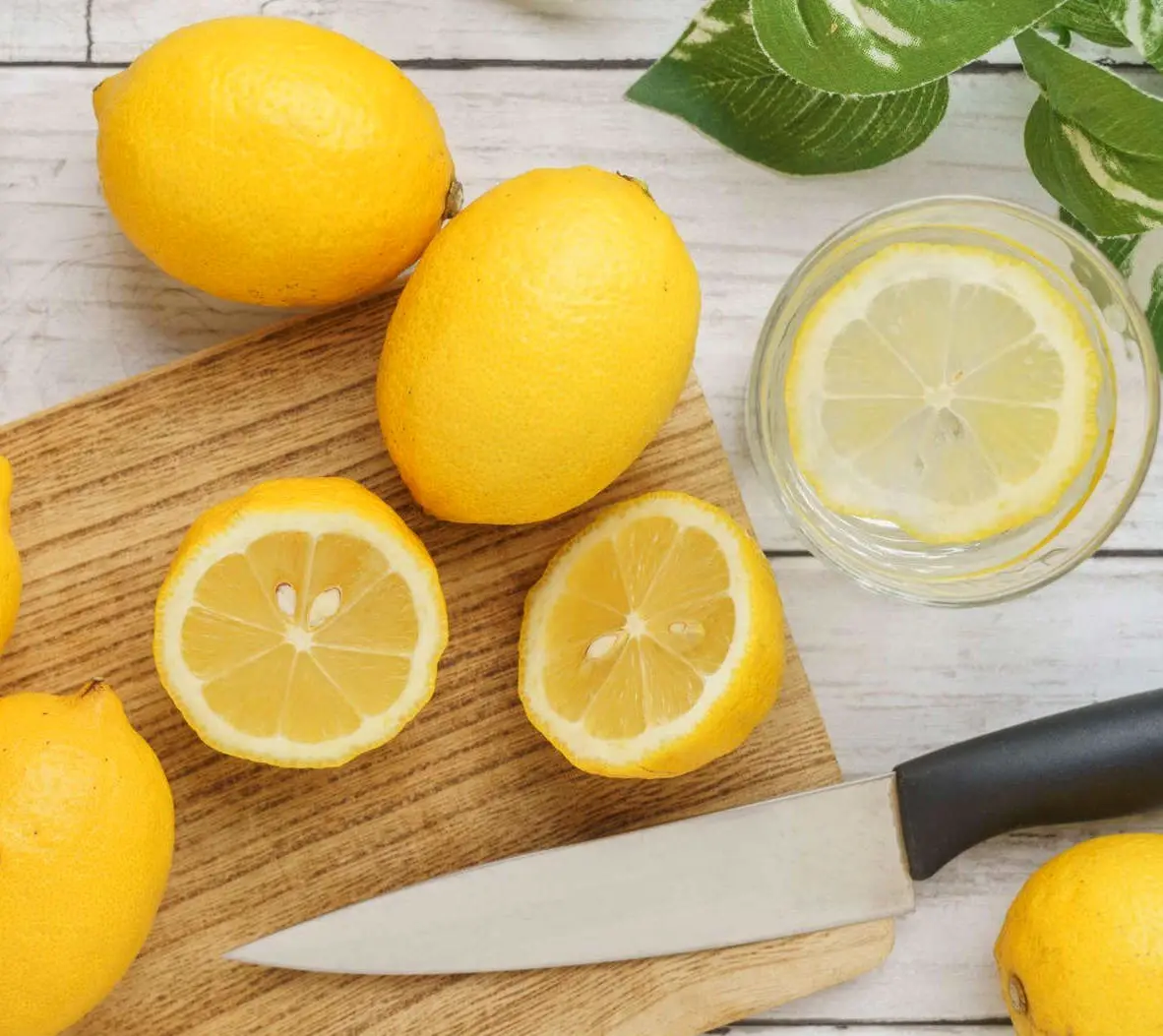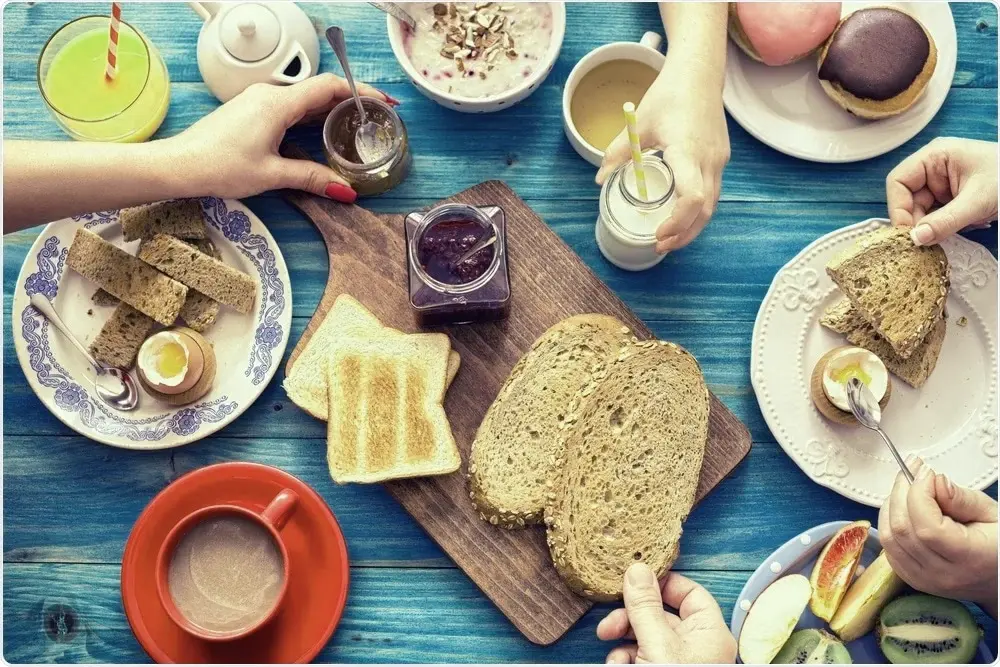It’s that time of year again — the sniffles are making their rounds, someone in the office is coughing, and the air feels just a little colder than yesterday. While you can’t control every germ that comes your way, you can give your immune system a fighting chance. And one of the simplest ways? Making sure your diet is loaded with vitamin C.
This isn’t just about oranges in a glass. Vitamin C foods are more varied — and tastier — than most people realize. Some are tropical and exotic, others are hiding in plain sight in your grocery store. But all of them have one thing in common: they can help keep you feeling sharp, energized, and far from the tissue box.
Let’s explore which foods deserve a place on your plate — and how to enjoy them so your body actually benefits.
Why Vitamin C Matters for Immunity
Vitamin C isn’t just a single-use nutrient. It’s involved in multiple processes that help your body respond to stress, heal faster, and ward off illness. Here’s what it does:
- Supports white blood cell production — your body’s first line of defense against pathogens.
- Helps your skin act as a barrier against infection by promoting collagen production.
- Neutralizes free radicals that can weaken your body’s defense systems.
The best part? Your body can’t make vitamin C, which means you have to get it from food or supplements.
Top Vitamin C Foods for a Stronger Immune System
1. Kiwi — The Small Fruit with a Big Vitamin C Punch
One medium kiwi contains around 71 mg of vitamin C — more than most citrus fruits per gram. It’s also rich in fiber and antioxidants.
A study published in Nutrients found that daily kiwi consumption can shorten the duration of upper respiratory infections. Try slicing it into salads or blending into a smoothie for a sweet-tart kick.
2. Guava — Tropical Immunity Booster
Guava is a vitamin C powerhouse, offering 228 mg per 100g — that’s more than double the daily recommended amount for adults. It’s also packed with lycopene, which helps combat inflammation.
Pro tip: Guava pairs beautifully with a sprinkle of chili powder and lime for a fresh, tangy snack.
3. Bell Peppers — The Unexpected Hero
Red bell peppers contain 127 mg of vitamin C per 100g, almost twice as much as oranges. They’re also loaded with beta-carotene, which your body converts into vitamin A — another immune ally.
Lightly roasting them keeps their sweetness intact without stripping too much vitamin C.
4. Strawberries — Sweet and Protective
A cup of strawberries has around 89 mg of vitamin C and a healthy dose of manganese. They’re perfect for immunity, skin health, and even blood sugar balance when paired with protein.
Try them with Greek yogurt or in a spinach salad with balsamic vinaigrette.
5. Papaya — Gut-Friendly and Immunity-Boosting
Papaya offers 62 mg of vitamin C per 100g along with digestive enzymes like papain. A healthy gut is closely linked to a strong immune system, making papaya a double win.
6. Oranges and Citrus Fruits — The Classics
One medium orange contains about 70 mg of vitamin C. While they’re not the highest source, they’re affordable, accessible, and naturally hydrating.
For variety, swap your orange for grapefruit or mandarin.
7. Broccoli — The Green Power Player
Broccoli packs 89 mg per 100g, plus sulforaphane — a compound linked to enhanced immune response. Steaming broccoli preserves more vitamin C than boiling.
8. Acerola Cherries — Nature’s Vitamin C Bomb
Just 100g of acerola cherries delivers over 1,600 mg of vitamin C — yes, you read that right. They’re often sold frozen or in powder form and make a potent smoothie ingredient.
Quick Comparison: Vitamin C in Popular Foods
| Food | Vitamin C (mg/100g) | Bonus Nutrients |
|---|---|---|
| Acerola cherries | 1,600 | Vitamin A, potassium |
| Guava | 228 | Lycopene, fiber |
| Kiwi | 93 | Vitamin K, antioxidants |
| Bell pepper (red) | 127 | Beta-carotene |
| Strawberries | 89 | Manganese, fiber |
| Oranges | 70 | Folate, potassium |
| Papaya | 62 | Enzymes, vitamin A |
| Broccoli | 89 | Sulforaphane, fiber |
How to Maximize Vitamin C Absorption
Even if you eat plenty of vitamin C foods, some habits can limit how much your body uses. Here’s how to make the most of every bite:
- Eat them fresh — vitamin C breaks down over time and with heat.
- Pair with iron-rich foods — vitamin C boosts iron absorption from plant sources.
- Spread intake through the day — your body uses vitamin C better in smaller, steady amounts rather than one big dose.
My Personal Vitamin C Ritual
Every winter morning, I blend a mix of frozen strawberries, kiwi, and a handful of spinach with almond milk. It’s my insurance policy against colds — and, frankly, it tastes like a tropical vacation in a glass.
It’s simple, it’s quick, and it works for me. That’s the beauty of vitamin C: it doesn’t demand a complicated diet plan, just smart, consistent choices.
Key Takeaways
- Vitamin C is essential for immune defense, skin health, and recovery.
- Kiwi, guava, bell peppers, and acerola cherries are among the richest natural sources.
- Cooking methods and food pairings can make a big difference in how much you absorb.
- A mix of fresh, colorful produce is the easiest way to keep your immunity in check.
FAQ
How much vitamin C do I need daily?
Most adults need 75–90 mg per day, but needs can increase during illness or stress.
Can I get too much vitamin C from food?
It’s rare — excess is usually excreted — but supplements above 2,000 mg daily may cause digestive discomfort.
Do vitamin C supplements work as well as food?
Supplements can help fill gaps, but whole foods also provide fiber, antioxidants, and other nutrients.
Leave a comment
Your email address will not be published. Required fields are marked *



